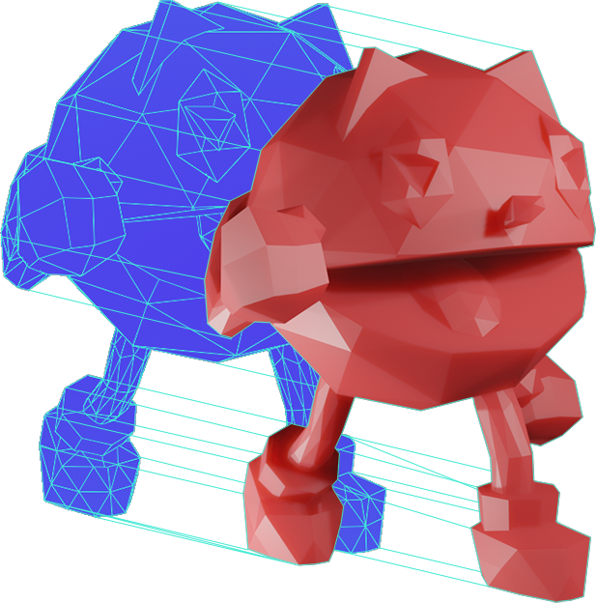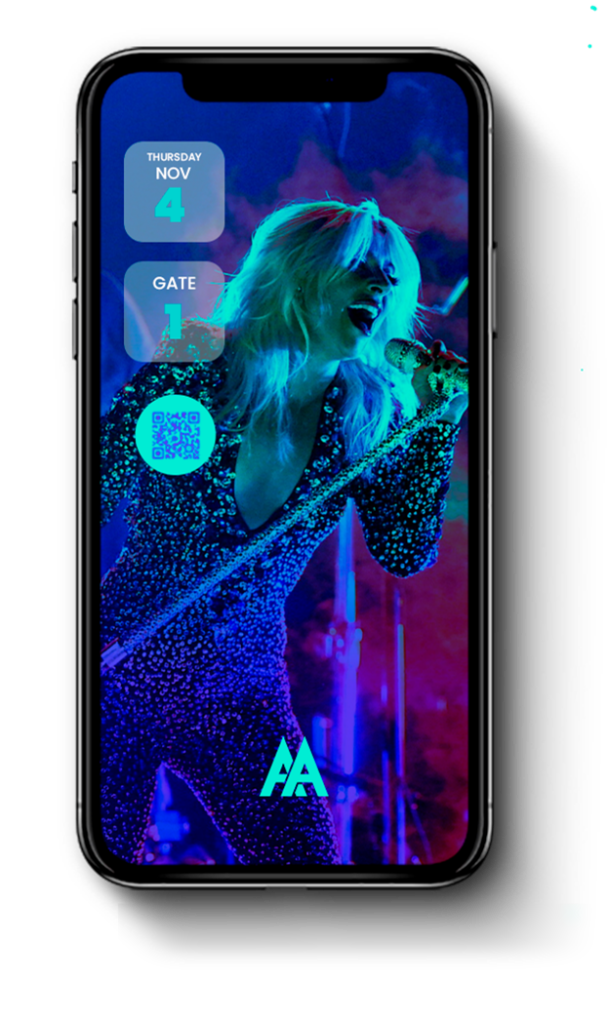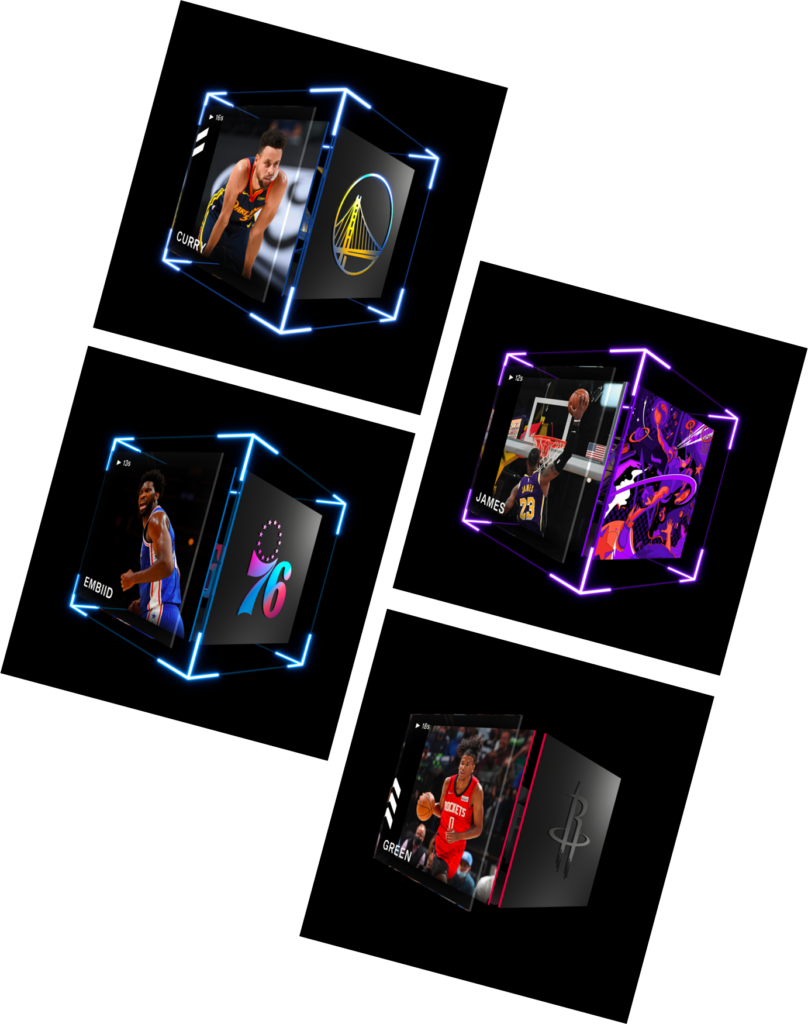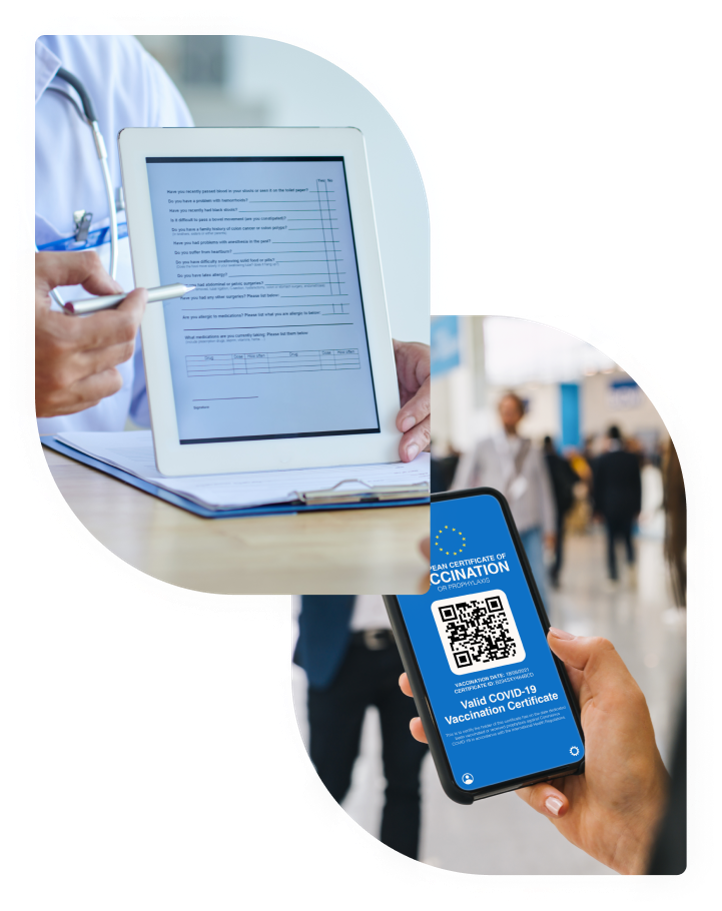Use Cases
Building Innovative and Creative solutions for the New Internet
We understand how to convert an idea into reality. Our consultation starts with idea discovery, technology insights and risk analysis while creating a growth strategy from user acquisition to monetization.



Gaming Industry
NFTs can be integrated into the gaming world by allowing NFT cross-platform playability. NFTs, give game developers another way to expand their brand and create another revenue stream, while gamers are given more incentive to keep playing a game if they already own characters or items within it.
NFTs also allow for an easier time trading in games, which can also increase the value since NFT items in games can have a varying degree of rarity. NFT owners won’t have to worry about scams as there is no middleman involved; transactions happen instantly via the blockchain. This opens up all kinds of possibilities like never before including purchasing weapons or other equipment that has been tested by people who used it.
NFT Ticketing
Authentify NFT ticket becomes a vehicle
for engagement, along with integrated features, services, and experiences.
Some key examples:
Community building and long tail engagement
- Federated Identity to “Know who is in your seats”
- Rotating Barcode and proprietary App for redemption
- Direct communication with guests via push notifications
- Understand the ticket lifecycle from issuance to redemption
- Track and limit ticket transfers and capture sales and revenue data, driving more revenue per attendee
- Participate in secondary market resale revenues


Collectible NFTs
Whether it’s a PancakeSwap Bunny
or a Binance Anniversary NFT, there’s a massive demand for digital collectibles. This use case has even hit the mainstream with the NBA NFT collectible trading cards NBA Top Shot.
Real Estate
NFTs can be used in real estate to simplify
and speed up transactions, enable smart contracts for properties (allowing automatic payments) or even create decentralized home rental services – all while protecting sensitive data like credit card details. NFTs could be used to transfer land deeds, provide proof of ownership and even keep track of changes in property value over time using time stamped NFTs.

Artwork Tracking
NFT ledgers can store an individual’s medical records without compromising confidentiality or risking tampering from external sources since NFT transactions are validated on multiple nodes before being added to the blockchain permanently – ensuring that every record is accurate and secure from malicious attempts at manipulation.
NFT applications have been designed specifically to aid healthcare professionals as well — one such example is NFT Birth Certificates that can be issued to newborns by healthcare providers. Issuing one of these NFTs for each child can be an effective way to quickly create a lifelong identity on the blockchain that’s linked to their birth certificate – which is then verified with NFT verification apps.
NFT ledgers also provide safer methods of storing sensitive medical data while still allowing authorized healthcare providers access when required. Narrowly-defined NFT use cases have emerged in recent years where hospitals, health insurance companies, and other organizations are beginning to explore how blockchains could help improve hospital operations by verifying patient identities, recording medical procedures performed without compromising patient confidentiality.
Medical Records & Identity Verification
NFT ledgers can store an individual’s medical records without compromising confidentiality or risking tampering from external sources since NFT transactions are validated on multiple nodes before being added to the blockchain permanently – ensuring that every record is accurate and secure from malicious attempts at manipulation.
NFT applications have been designed specifically to aid healthcare professionals as well — one such example is NFT Birth Certificates that can be issued to newborns by healthcare providers. Issuing one of these NFTs for each child can be an effective way to quickly create a lifelong identity on the blockchain that’s linked to their birth certificate – which is then verified with NFT verification apps.
NFT ledgers also provide safer methods of storing sensitive medical data while still allowing authorized healthcare providers access when required. Narrowly-defined NFT use cases have emerged in recent years where hospitals, health insurance companies, and other organizations are beginning to explore how blockchains could help improve hospital operations by verifying patient identities, recording medical procedures performed without compromising patient confidentiality.

Supply Chain
The food industry, has a huge problem when it comes to verifying where they came from, what is in it, and the like. But by using the blockchain, NFTs can be attached to a product, giving it an NFT identifier that cannot be tampered with. This is one perfect example of NFTs working in tandem with supply chain.
NFTs can also give companies the ability to track their products from manufacturing through shipping and delivery. This gives customers insight into what they are spending money on as well as maintaining transparency within a company’s supply chain.

